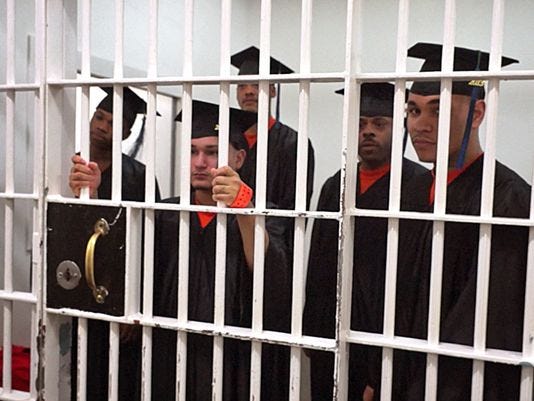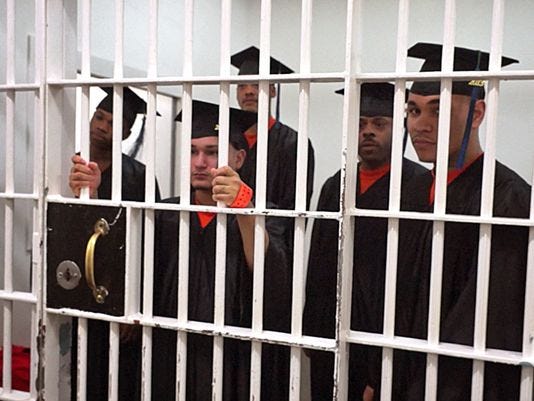We often discuss (including a controversy today) the growing intolerance for opposing views on our campuses and the rising generation of censors in our society. Students and even faculty members increasingly call for the silencing or firing of those who espouse opposing views on a range of different subjects. The speech codes and sanctions on campuses have silenced many who might voice dissenting views, as we have seen in prior polling. That has created a type of academic echo chamber in scholarship and classrooms.
Now, a new study offers insights into the extent of that chilling effect for our students. The Knight Foundation released a new study showing that sixty-five (65) percent agreed that people on campus today are prevented from speaking freely. The poll is additional evidence of the failure of administrators and faculty to maintain campuses as forums for free thought and intellectual engagement.
The Foundation enlisted Ipsos to assemble a “nationally representative sample of over 1,000 college students ages 18-24 enrolled in all types of higher education institutions, along with 4,000 American adults.” The report, “College Student Views on Free Expression and Campus Speech 2022,” is part of the Knight Free Expression (KFX) Research Series.
The polling also showed that fifty-nine (59) percent say that they believe schools should be places where students hear all types of speech, even speech considered offensive or biased. Less than half felt that their free speech rights are secure today.
This study shows that conservatives and Republicans on campus feel the loss of free speech most acutely. That is consistent with other studies. For example, an earlier poll at the University of North Carolina found that conservative students are 300 times more likely to self-censor themselves due to the intolerance of opposing views on our campuses.
What was most striking about the study was the comparative decline among independents and republicans in just three years. From 2019 to 2021, independents feeling that free speech is secure in the country went from 59 percent to 46 percent. For republicans, it went from 52 percent to 27 percent. For democrats the decline was only 2 percent. One obvious take from those figures is that speech codes and enforcement actions favor Democratic speakers and groups. Their speech has not been curtailed as the dominant group on campuses.
The poll is an indictment of our educational system and, yes, our educators. Faculty have remained silent (or supported) the establishment of a new orthodoxy on our campuses. The speech intolerance shown on many campuses stifles intellectual discourse and chills the free speech of many of our students. However, most faculty members remain conspicuously silent rather than risk being tagged or targeted in the next cancelling campaign.
Reprinted with permission from JonathanTurley.org.


